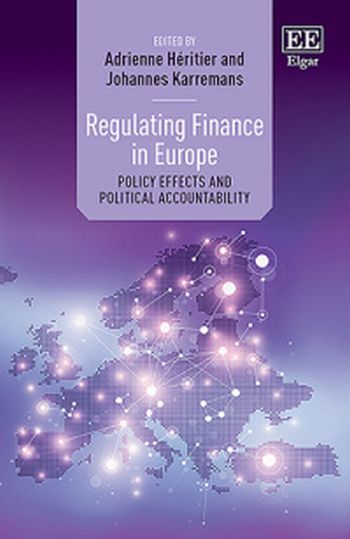
This timely book presents an in-depth investigation of who benefits from European financial market regulatory measures and how decision-makers and stakeholders are held politically and administratively accountable. The extensive study illustrates the full range of the actors involved in key regulatory processes such as the regulation of high-frequency trading and the activities of central-clearing counterparties.
Chapters outline how politicians, regulators and market players are linked in various political and administrative accountability mechanisms. Providing analysis of how the accountability channels are linked to policy content, contributors ask whether specific regulatory objectives and results give rise to the mobilising of accountability mechanisms. Regulating Finance in Europe critically examines the implementation of major EU legislative packages in financial regulation (MiFID II and CMU), offering a unique empirical insight into how different modes of accountability in financial market regulation are linked with different policy effects.
This comprehensive yet accessible book will be an invaluable read for politicians and practitioners working in finance as well as academics in EU politics and policies. It will also provide a useful resource for undergraduate and postgraduate students of political science, law and economics.